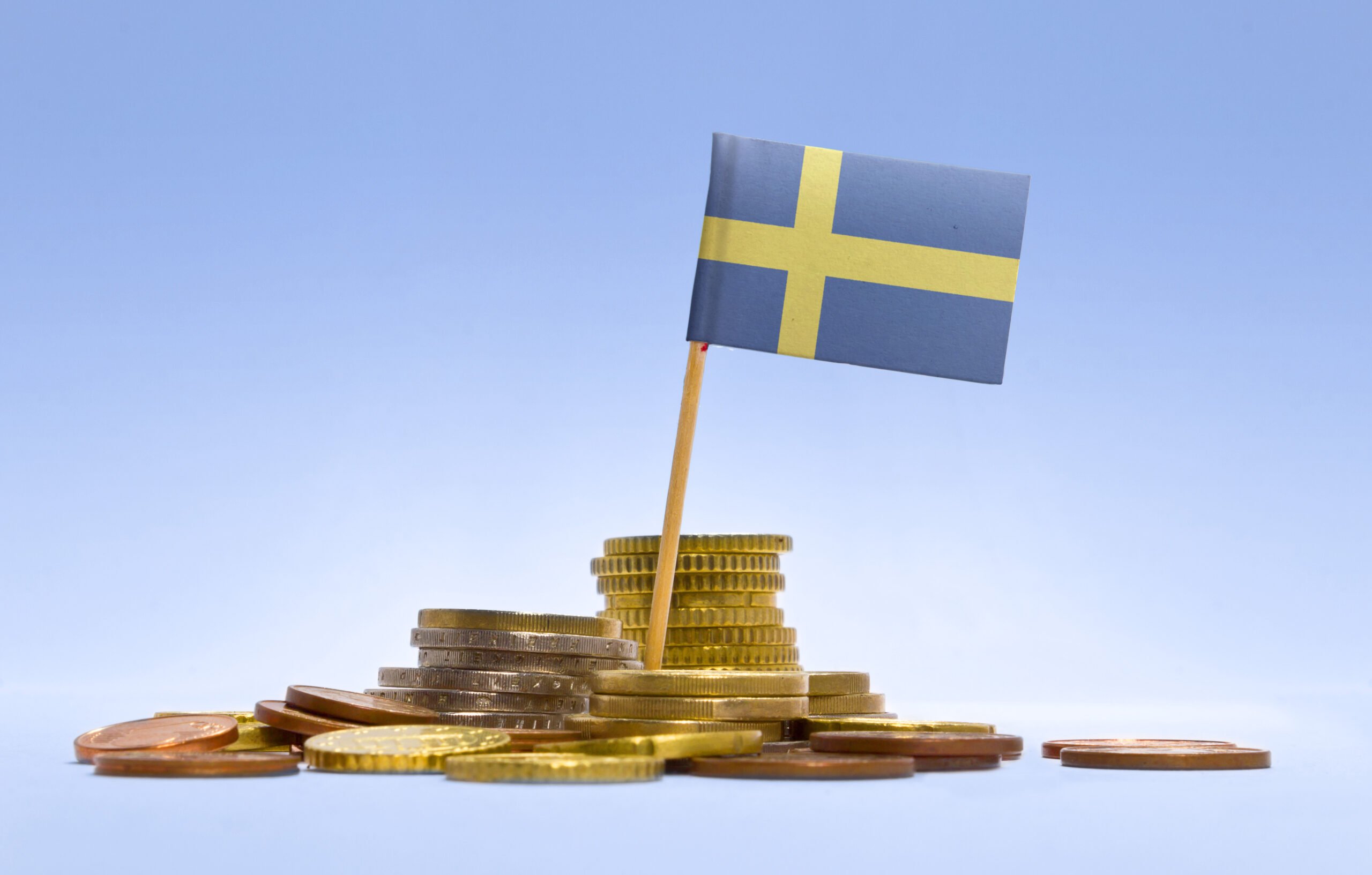
In the first official evaluation of the tax submitted in 2020, KEMI and the Tax Agency concluded that the tax has been largely ineffective in modifying flame retardant use in electronics, is not cost-effective, has increased prices for consumers and is administratively burdensome for the companies.
As requested by the Swedish Government, the Swedish Chemicals Agency (KEMI) and the Tax Agency, presented on May 17th their final report on how the current Swedish chemical tax on electric and electronic products should be amended to ensure that it better meets its purpose, i.e. to decrease the use of hazardous chemical substances in people’s home environment and to stimulate producers of taxable products to use more environmentally preferred alternative chemicals.
The proposal to clarify the scope of the Swedish tax to flame retardants only and to base the level of taxation on substance hazard properties is welcomed and in line with our industry position. However, IT&Telekomföretagen and pinfa, a sector group of Cefic, would welcome the withdrawal of the Swedish tax in favour of other legislative and voluntary initiatives to promote substitution of problematic chemicals such as the European Chemical Strategy for Sustainability. It’s a national tax for products that most often are designed for a global market, which is an ineffective way to drive development in a global industry.
Important improvements
The suggested changes to amend the current legislation contain important improvements. For example, that only flame retardants are to be taxed and the tax should be based on the intrinsic hazard properties of the substances. For substance hazard assessment, the GreenScreen™ methodology, which has been used for many years by the IT Industry, is recognised.
Areas of concern
Regrettably, there is no zero-tax alternative for products that only use best-in-class flame retardants or even none. Compliance control is not possible, as there are no test methods to differentiate between additive and reactive flame retardants, and no standardised analytical methods exist for all flame retardants in scope. Although it is positive that the highest possible tax reduction is proposed to be increased, the suggested taxation principle is very complex and difficult to understand. Nor is the circular economy supported as the second-hand trade of used products is not exempt from taxation.
KEMI and the Tax Agency propose to extend the tax to include more products, including printers, memories, keyboards etc. Such an extension would have an impact on a large number of additional companies, whose products are sold business to business and do not fall under the scope of the tax i.e. use in home environment. We also believe it’s too early to extend the scope since no real impact on the use of chemicals can be noted and the way to perform compliance control is not clear. The current legislation appendix is also to be replaced by two new appendices, not yet available and such work will take time for an expert group to develop.
The way forward
If the Swedish tax will be maintained, IT&Telekomföretagen and pinfa are willing to continue our support to ensure that the positive suggested amendments are realised so that it taxes the right substance properties, minimises the administrative burden and rewards those companies that have invested in proactive substitution programmes
About IT&Telekomföretagen
IT&Telekomföretagen is a member organization for companies of all sizes within the entire IT and telecom sector, that wish to join the largest industry network in Sweden in order to promote and further develop the IT market and conditions for IT enterprises. We represent about 1 300 member companies and nearly 100 000 employees.
www.itot.se